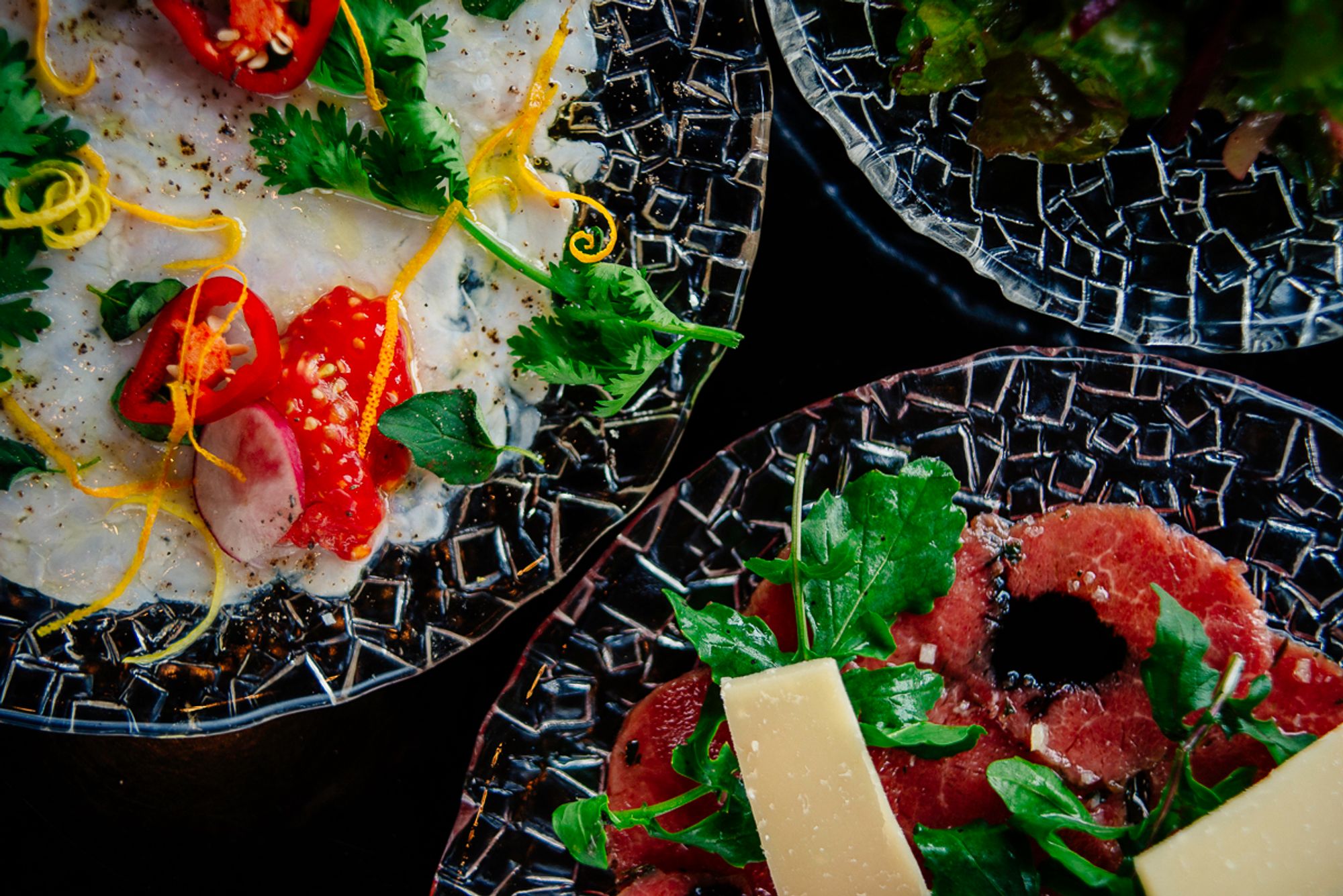
Recipe Exchange Roundtable: Potatoes
Led by former resident Tahir Karmali, this three-part series of participatory roundtables uses recipe exchanges and the history of ingredients as a platform to discuss migration, immigration, and cultural exchange. Each session will focus on one specific ingredient to touch on themes around trade, exploitation, colonialism, and ownership. Participants are asked to submit a recipe (can be culturally specific, completely original, or fusion) that uses the specific ingredient behind the session, and come prepared to discuss the recipe’s origin and the inspiration for sharing.
During the third session of our roundtable, we will delve into potatoes! The potato was introduced to China during the Ming Dynasty and quickly became an Imperial Family delicacy. Prior to the Rwandan Genocide, Rwanda consumed more potatoes than any Western European country. The earliest archeological remains date back to 2500 BC and was found off the coast of Peru. Submit your potato recipe here.
Working across multiple mediums, materials, and photography, Brooklyn-based artist Tahir Karmali’s interests lie in manipulating materials that perpetuate colonialism. He draws from his own experiences as a Kenyan citizen to structure narratives around migratory identity. Karmali received his Masters of Digital Photography from the School of Visual Arts, New York. Selected exhibitions include “Jua Kali,” a part of “Making Africa,” High Museum of Art, Atlanta (2017), Kunsthal Rotterdam, Netherlands (2016), and Guggenheim, Bilbao, Spain (2015), among other venues; and “PAPER:Work,” Art Africa Fair, Cape Town, and Pioneer Works, Brooklyn, both 2017.
Yael Raviv is the founder and director of the Umami Food and Art Festival, and the author of Falafel Nation: Cuisine and the Making of National Identity in Israel. She received her PhD from NYU’s Department of Performance Studies, and has subsequently been writing about food and culture in her native Israel and about food and art; teaching in NYU’s Nutrition and Food Studies Department; and working with early-stage start-ups in the tech industry at the intersection of food, events, and technology.